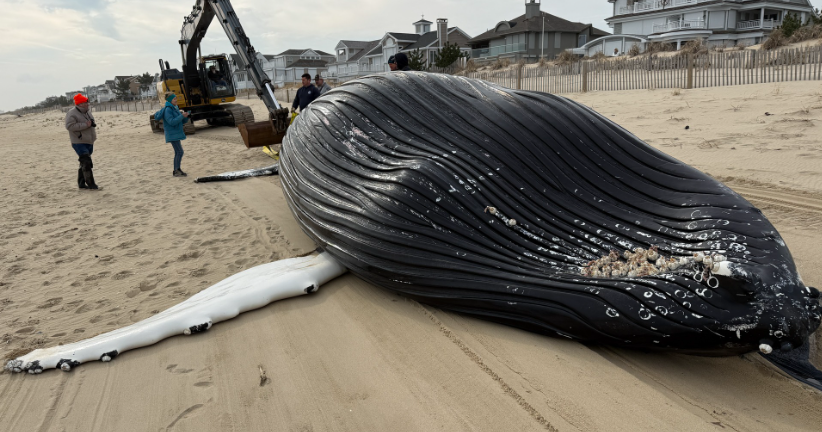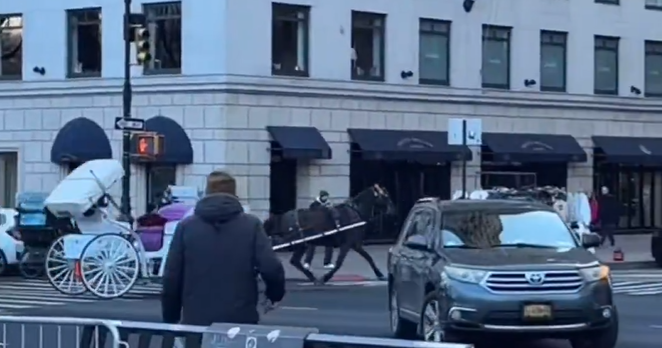Smugglers Caught Trafficking Thousands Of Poached California Succulents
SANTA CRUZ (CBSLA/KPIX) – State officials say they've busted poachers who have been smuggling succulent plants they plucked from public lands in California.
Wildlife detectives from several agencies made three separate busts along the north coast in Mendocino and Humboldt counties.
Rare and native plants were pulled from the sea cliffs and shipped overseas, in an international smuggling ring that was trafficking not in guns or drugs, but native California succulent plants called Dudleyas.
"Pretty unusual case for us," said California Department of Fish and Wildlife Capt. Patrick Foy. "Like nothing we've seen before in terms of the scale and the type of poaching involved."
California Department of Fish and Wildlife investigators busted up the ring in Humboldt and Mendocino counties, where they say poachers were scaling coastal bluffs to rip the plants out of the ground by the thousands.
They would then allegedly ship them to China and Korea where they would be sold on the black market for $40 to $50 each. With 1,000 Dudleya found in one suspects' hotel room, the plants black market value was estimated at over $90,000.
Investigators were tipped off when the smugglers tried to send packages of plants overseas in the mail.
"There was a number of cases where just the sheer volume of shipping out of the post office caught the attention of people who work there and people in line who noticed something was odd," Foy said.
He says dirt was often spilling out of the shipping boxes.
Two Korean nationals and one Chinese national have been arrested and now face poaching and smuggling charges.
Some of the plants are now in the caring hands of Stephen McCabe, California's foremost expert on Dudleyas at University of California at Santa Cruz.
"It's really dreadful that people are stealing these succulents in the wild, just stripping whole cliffs," McCabe said. Wildlife officials say that stripping bluffs and cliffs of the succulents can result in environmental degradation of habitat and destabilization of the soil.
McCabe says people in Asia value the plants for their unique color characteristics, as well as their shape resembling the lotus flower.
The most recent bust happened on April 4, with a raid on a cabin in Humboldt County.
Inside, wildlife officers found about a thousand plants on the floor of the cabin.
Earlier this week California Department of Fish and Wildlife officers went back to the cliffs to replant thousands of the plants that were seized, putting one of California's most beautiful native plants back where they belong.







